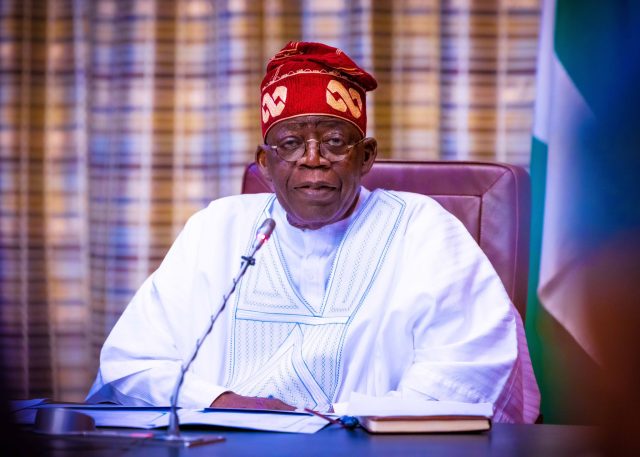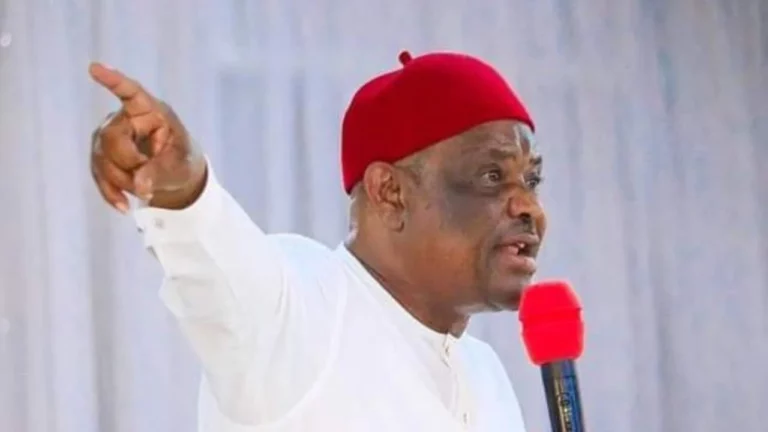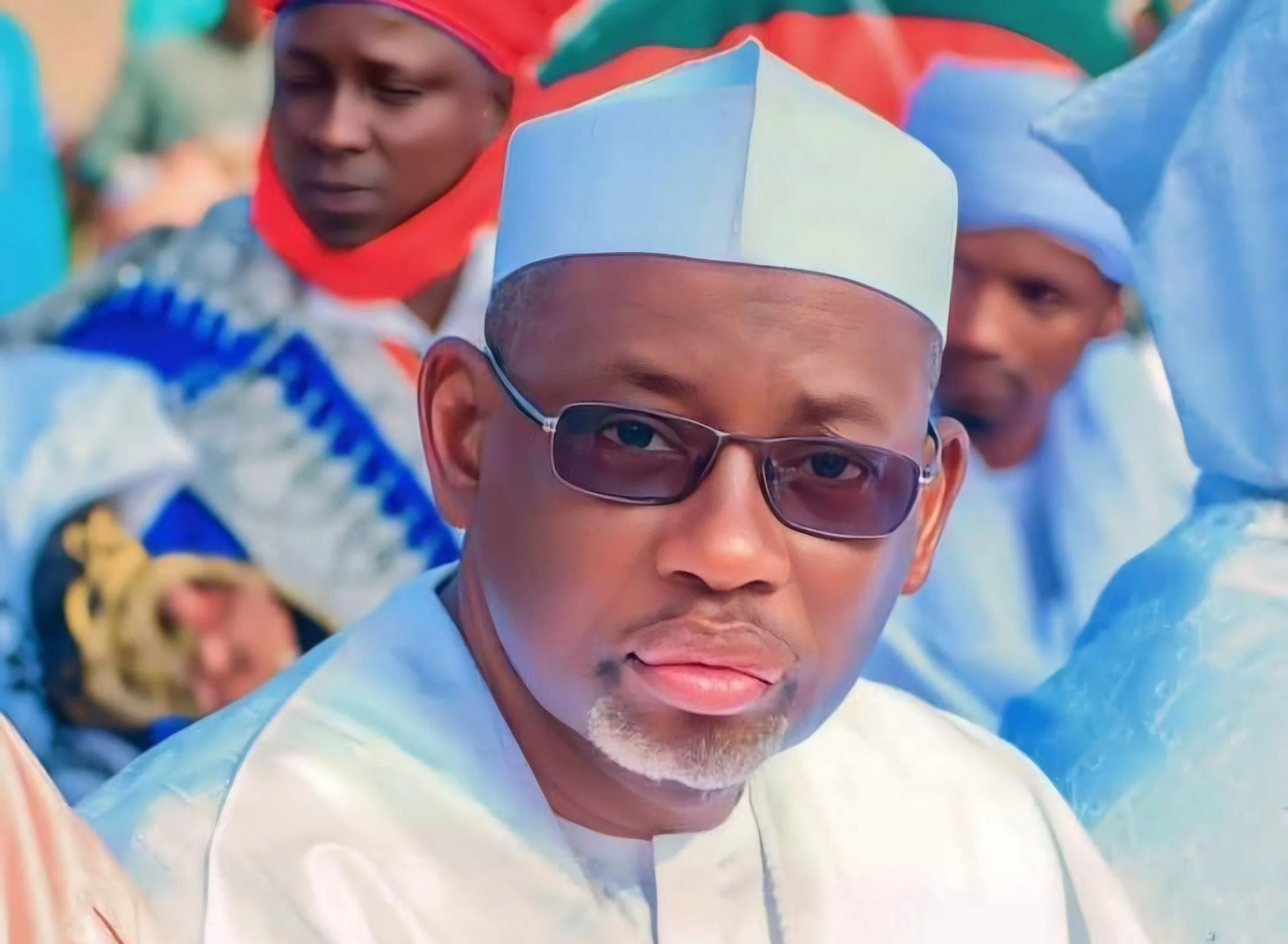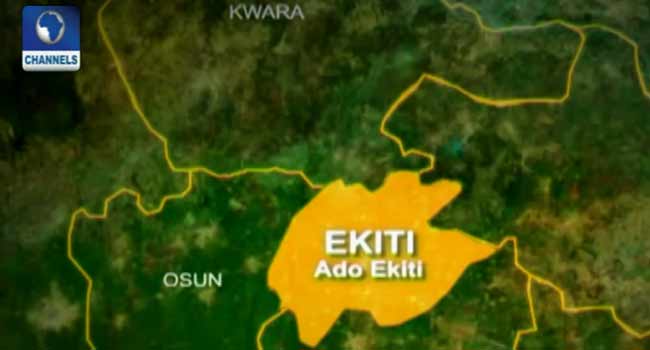The Federal Government on Monday lamented that the country’s exchange rate regime has remained a thing of concern to the administration.
The government also noted with concern that Nigeria is buffeted with local security and economic challenges as well as global turbulence on the political, economic and social fronts.
Vice President Yemi Osinbajo, who expressed the concerns while declaring open the 2022 Nigeria Economic Summit held in Abuja, said as the country continues to face economic challenges, urgent action should be taken to bring inflation down, explaining that inflation is both a tax on the poor and disrupts long term growth.
Professor Osinbajo submitted that inflation in Nigeria is partly structural arising from infrastructural deficiencies, increased money supply, imported inflation and depreciation of the naira.
He said, “Our exchange rate regime remains of concern. The discussion that we must have, shorn of sentiments, is how best to manage the situation by finding a mechanism for increasing supply and moderating demand which will be transparent and will boost confidence.
“I am sure most can recall several efforts have been made in the past such as the Interbank Foreign Exchange Market, Retail Dutch Auction System, Wholesale Dutch Auction System, etc.
“While they may not have been perfect, the rules were clear and the gap between the official and parallel markets was not so wide. The thing is that there should be some element of price discovery in our policy regime. This will boost confidence and increase inflows of foreign exchange.
“We will also have to take urgent action to bring inflation down because it is both a tax on the poor and disrupts long term growth. Inflation in Nigeria is partly structural arising from infrastructural deficiencies etc but there is also an aspect that is caused by increased money supply, imported inflation and depreciation of the naira.
“In addition therefore to the monetary measures being taken by the Central Bank of Nigeria, we would need to increase domestic production of food and make sure that it gets to the market.”
He said over the years, the Summit has become the forum for high quality engagements amongst thought leaders, captains of industry, civil society and decision makers in the highest echelons of government on the economy of this country.
The Vice President noted that the theme of the Summit ‘2023 & Beyond: Priorities for Shared Prosperity’ calls on everyone to reflect on what nation’s priorities should be to attain inclusive prosperity from 2023 and beyond.
“This is an important question given the frightening headwinds of the past three years and the emerging local and global trends that will most certainly define the future,” he said.
According to him, “We are buffeted on all sides : local security and economic challenges, global turbulence on the political, economic and social fronts. The Russia-Ukraine war and tensions amongst the great powers is impacting Africa including through higher food prices and disruptions to democratic governance.
“The global economy is yet to recover fully from the effects of COVID-19 especially the debts that were racked up to cope with economic slowdown and there is continuing disruption of global supply chains.
“Added to these of course is the existential challenge of climate change as can be seen from rising sea levels, drought and flooding; the terrible impact of which we have recently seen in many States of Nigeria.
“Given this background, it is clear that our work is cut out and we have to choose our priorities going forward very carefully. There are of course a whole gamut of things that require our attention and many are well captured in the National Development Plan 2021 to 2025. But permit me the liberty of sharing some.
“The first of course is improving macroeconomic conditions. On the positive side, the economy continues to grow with GDP growth at 3.54% in the 2nd quarter of this year. Non-oil revenues have similarly continued to improve due in part to strategic revenue initiatives including the annual Finance Act.
“For instance, the increase in VAT from 5% to 7.5% in the 2019 Finance Act led to an increase in revenues by up to 69% above target in 2021 while in the same period corporate income tax was 15.5% above target, customs duties were 10% above target and independent revenues of government were up by 17.8%.
“But It is still our revenue challenges that heighten the notion that we have a debt problem, which is really the case given that our debt/GDP ratio is just 23%.It is also true though that what matters right now is our debt service to revenue ratio which is undoubtedly high.
“But I think it is increasing revenues that should engage most of our attention. We have already seen real improvements in our non-oil revenues but our focus must now be on productivity or encouraging value addition. Productivity and value addition means creation of traceable value, it means jobs, and opportunities and it means more tax revenues.
“To increase productivity, we must free up our environment for business, make local and international trade easier by fixing the ports, effecting the National single window, revamping our customs processes and Tariff codes to reduce delays and arbitrariness, removing needless restrictions on imports to enable value added processes.”
He advised that closer attention should be paid to the institutional insight of the Agriculture for Food and Jobs Programme of the Economic Sustainability Plan which sought to support small scale farmers by guaranteeing uptake of their production through enabling bigger farmers, suppliers to manufacturing companies and commodity exchanges to support them across every stage of production.
“It is now evident that if there is one global issue that will impact local economies most profoundly it is climate change,” he said.
Continuing, Osinbajo said “it bears repeating that African countries including Nigeria did very little to cause global warming but yet as recent floods all over the country show, we bear the brunt of it. We must continue to call for a just transition that enables us to use our abundant gas resources to meet our energy needs including for electricity and cooking.
“This will enable us to secure the resources needed for investment in natural gas as well as in renewable forms of energy. Nigeria should continue to work alongside G77 and China partners on the issue of compensation for ‘Loss and Damage’.
“This is essentially requiring that those who caused the climate change related challenges that we face should pay to help us overcome these challenges.”
He expressed pleasure that the matter is on the table at the on going COP 27.
“It should be pursued to its logical conclusion of securing additional finance for developing economies. At the same time we must also include some of the excellent ideas around debt for climate swaps in our climate finance tool kit.
“These swaps can be a win-win for debtors and creditors . They will “increase the fiscal space for climate-related investments and reduce the debt burden for participating developing countries.”
“For the creditor the swap can be made to count as a component of their Nationally Determined Contributions (NDC). Yet another priority in the discussions around climate change is that of unlocking the potential of carbon markets especially in Africa.
“In short voluntary carbon markets work by the purchase of carbon credits by corporations in the developed world to offset their own emissions.
“The Africa Carbon Markets Initiative was launched last week at COP 27 and it has been estimated that Nigeria could produce more than 30m tonnes of carbon credits annually by 2030 bringing in more than $500m annually. The future are the jobs and opportunities from the green economy.
“We must press our advantage in renewable energy. The Solar Power Naija Programme launched under the Economic Sustainability Plan is designed to achieve 5 million solar connections impacting over 25 million Nigerians will contribute in this regard. But the impact includes opportunities in manufacturing and maintaining solar equipment and facilities.”
He said another key priority for the country to leverage on is the disruptive technologies offered by digitisation, stressing that “digitisation is now upon us and it is different from previous advances in technology because it has become a general purpose technology affecting nearly every facet of life.
“However, we are now on the cusp of the 4th Industrial Revolution resulting from the increasing economic viability of advanced robotics, artificial intelligence, 3-D printing, the Internet of Things, cloud computing, big data analytics, and blockchain technologies.
“We have already seen the impact of digitisation in Fintech in Nigeria and the story of how our young people managed to create six unicorns in a period of two recessions is one that will continue to be told.
“We must build on these achievements which also offer us the opportunity to leapfrog by deploying digital technologies in agriculture, health, education, logistics, and even manufacturing, housing and smart power grids.”
Prof. Osinbajo also stressed the need to improving social safety programs.
He said, “This government introduced the most comprehensive and resourced social investment programme, something this programme helped us to do was a more bottom up approach to economic planning and even budgeting.
“It also helped us to implement a wealth and opportunity creating social investments as opposed to mere poverty alleviation. We are far from our set objectives but we have begun and must press forward.
“The last priority I will mention on this occasion is the need for more intentional and focused investment on our youth, especially in globally marketable skills, access to credit, protection of intellectual property rights of innovators and inventors and access to global markets. I trust that some of these issues will be given deeper attention in your discussions at this summit.”
He told participants at the Summit that the task ahead requires partnership, innovative thinking , but most importantly disciplined implementation.
“We on the government side look forward with eager anticipation to getting your usual valuable recommendations.”







